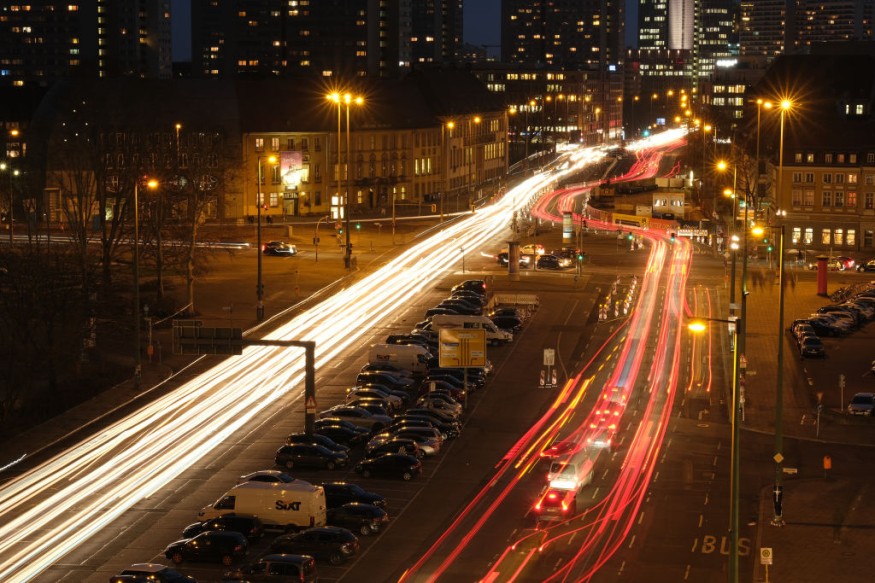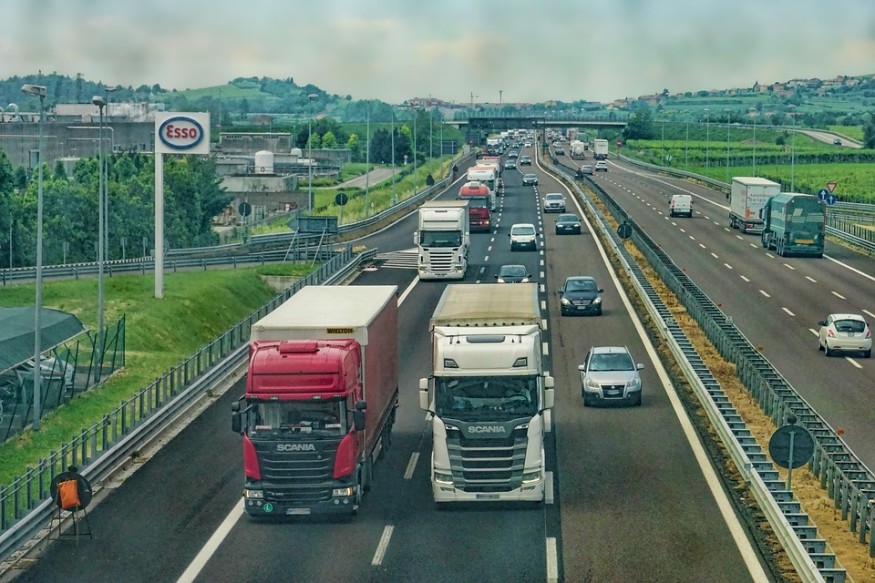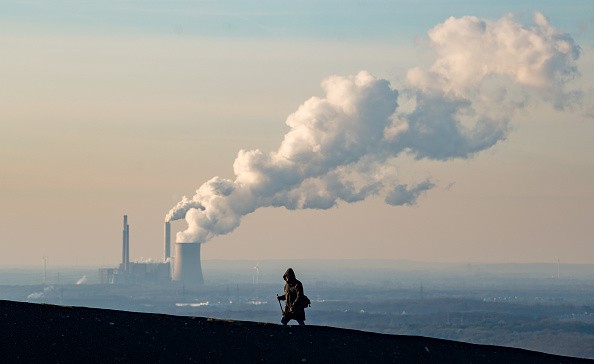According to EPA Administrator Michael Regan, the Environmental Protection Agency (EPA) is planning to propose tighter vehicle emissions requirements by the end of July.

Urgency of the Climate Crisis

In an interview with Bloomberg News, Regan stated that the proposed requirements would be appropriate to resolve "the urgency of the climate crisis."
"To fulfill the demands of the day, we need to go as fast as we can," Regan added. "According to science, we just have a small window of opportunity to change our course and minimize those climate impacts."
According to an EPA spokesperson, the timetable was determined by President Biden's executive order, which allows the government to revisit the previous Trump administration's regulation that relaxed pollution standards by July.
The spokesperson confirmed that the EPA is on track to meet that timeline.
Related Article : Environmental Justice Goes Mainstream with Governmental Support
The regulation also loosened the provision for fuel efficiency requirements, which determine how much gasoline the US fleet will use per mile and may be tightened by the Biden administration.
The executive order also mandates that the decision to abolish California's right to set its own tailpipe pollution requirements, which are higher than the federal government's and have been implemented by a number of other states, be reviewed this month.
"I am a true believer in the state's constitutional authority to lead," Regan told Bloomberg.
According to the news source, he also did not rule out the prospect of potential restrictions that would potentially prohibit new traditional gas-powered vehicles.
"We're taking a hard look at what evidence thinks we can do. The administrator said, "We're looking at where developments are." "We're marrying our regulatory policy with what we have the legal authority to do with where science leads us and where economies and technologies are."
Since the transportation sector is the country's leading source of greenhouse gas emissions, accounting for 28% of overall emissions in 2018, these standards will directly impact its contribution to climate change.
Regan's remarks come as some manufacturers look to expand the number of electric cars on the road.
Vehicle Emission Pollution

Nearly half of the United States population-roughly 150 million people-live in places where federal air quality requirements are not met. This pollution, which contains ozone, particulate matter, and other smog-forming emissions, is mainly caused by motor cars and heavy-duty trucks.
Passenger cars are a substantial source of emissions, emitting large quantities of nitrogen oxides, carbon monoxide, and other pollutants. Vehicles released more than half of the carbon monoxide and nitrogen oxides, as well as about a fifth of the hydrocarbons, into our atmosphere in 2013.
Air Pollution and Health Problems

The threats of air pollution to one's wellbeing are immense. Poor air quality exacerbates respiratory illnesses such as asthma and bronchitis, raises the risk of life-threatening diseases such as cancer, and saves our healthcare system a lot of money. Particulate matter is responsible for up to 30,000 deaths prematurely per year.
© 2026 NatureWorldNews.com All rights reserved. Do not reproduce without permission.





